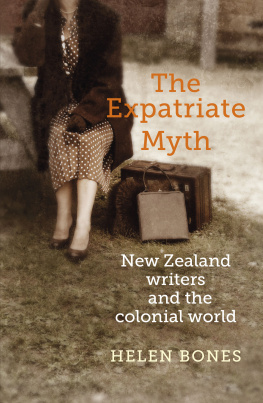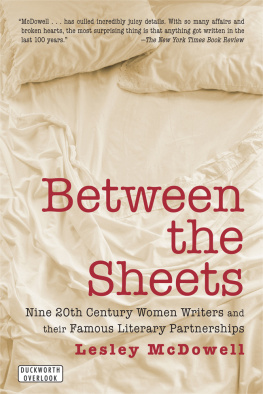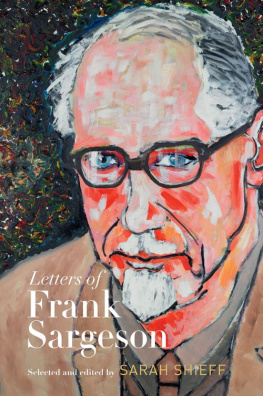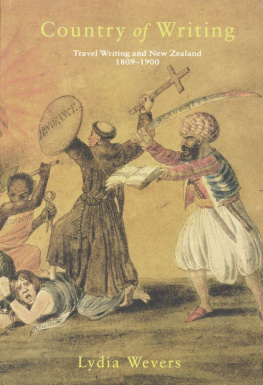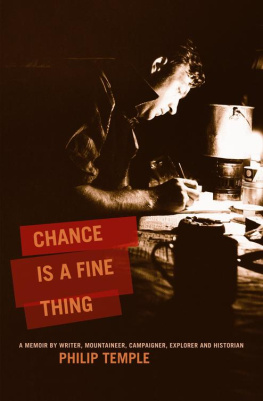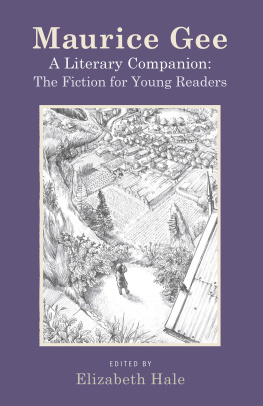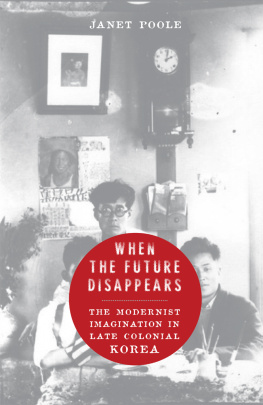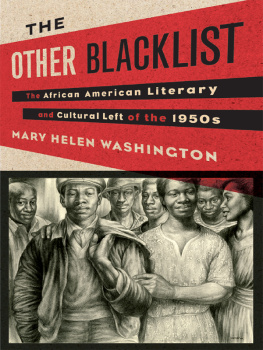


Published by Otago University Press
Level 1, 398 Cumberland Street
Dunedin, New Zealand
www.otago.ac.nz/press
First published 2018
Copyright Helen Bones
The moral rights of the author have been asserted.
ISBN 978-1-98-853117-5 (print)
ISBN 978-1-98-853146-5 (EPUB)
ISBN 978-1-98-853147-2 (Kindle)
ISBN 978-1-98-853148-9 (ePDF)
A catalogue record for this book is available from the National Library of New Zealand. This book is copyright. Except for the purpose of fair review, no part may be stored or transmitted in any form or by any means, electronic or mechanical, including recording or storage in any information retrieval system, without permission in writing from the publishers. No reproduction may be made, whether by photocopying or by any other means, unless a licence has been obtained from the publisher.
Editor: Caren Wilton
Indexer: Diane Lowther
Cover photograph: Jill Battaglia/Arcangel
Ebook conversion 2019 by meBooks
CONTENTS
I undertook the bulk of the research for this book while writing my PhD thesis in history at the University of Canterbury, with the invaluable financial assistance of a University of Canterbury doctoral scholarship. I was also able to spend a year living and researching in England as a visiting graduate student at Christ Church, Oxford. This was due to the generosity of the Canterbury Association and the Wakefield Trust, who awarded me the Edward Gibbon Wakefield Doctoral Scholarship (I was the inaugural recipient in 2008). This scholarship was endowed to honour the memory of Edward Gibbon Wakefield and his descendants and their role in the founding of the Canterbury Settlement. The scholarship also recognises the ties between Christ Church, Oxford, and Christchurch, New Zealand.
Most vital to the successful completion of the thesis and therefore the book was the extensive and tireless help of my supervisors, Dr Chris Connolly and Professor Patrick Evans of the University of Canterbury. I continue to benefit from their expert guidance and advice today.
I consulted the archives and books in a number of collections throughout this enterprise, from the British Library to the Hocken Collection, and encountered many helpful librarians and archivists. In particular I would like to acknowledge the assistance of the staff of the Macmillan Brown Library, who cheerfully continued to supply my many obscure requests throughout job uncertainties and the aftermath of earthquakes.
In the years since completing my doctorate I have revised and updated my thesis work into the book you see before you. Thank you to Rachel Scott and the team at Otago University Press (particularly Caren Wilton for her very thorough copyediting) for their patient encouragement and efficiency in the last few months.
Sections of my thesis have appeared as journal articles. A book is a book, all the world over: New Zealand and the colonial writing world 18901945,Journal of Imperial and Commonwealth History, 43:5 (2015), pp. 86181 is based on a condensed version of the first half; and New Zealand and the Tasman writing world, 18901945,History Australia, 10:3 (2013) is based on Chapter Three.
an appellation that manages at once to imply that their travel had a permanent and negative effect on American writing, and that this phenomenon involved pretty much everybody at that time (or at least everyone who claimed to be a writer).
The model of literary expatriatism generally goes as follows: firstly, a would-be writer must grow up in (or be taken against their will to live in) a small town, ideologically challenged society or colonial outpost (and some places are more than capable of fulfilling all three categories) that is vastly inadequate to nurture such a talent. Consequently the only possible course of action is to leave for somewhere more promising as the Australian writer Henry Lawson put it, to go steerage, stow away, swim and seek London, Yankeeland or Timbuktoo
The obscuration of such a mode of existence has led to blank spaces and sparsity in literary history, where in fact there was vitality and mobility and creativity.
I also join with an increasing number of literary historians whose work raises questions about the supposedly desperate situation of New Zealand artists and writers in the first place. This book aims to provide an accurate depiction of the international nature of New Zealand writing at this time. As a result, it includes the stories of authors who did not physically leave the country, but still led international lives through the networks of the colonial writing world. Eileen Duggan, for example, was at one time the best-known and most widely admired of New Zealand poets. Despite this apparent handicap, her five books of verse were published in multiple countries and editions.
Anecdotes and uncontextualised quotations such as these often-cited outbursts from Mander and Mansfield have until quite recently stood in for concerted attempts to document the actual opportunities available to authors.
This book draws on these approaches and others to argue that there was more to pre-1930s New Zealand literary life than deprivation and oppression.
The second focus of the book is an investigation into the nature and effects of New Zealand literary expatriatism when it did occur. This requires some definitions. An immediate obstacle to writing a comprehensive account of literary expatriatism is the ill-defined and slippery nature of a term that is simultaneously loaded with meaning. It carries many assumptions along with it, including an inherent negativity and the implication of loss. An expatriate, broadly speaking, is anyone living somewhere other than their country of origin for any length of time. The term has been distorted to mean something specific in terms of artists and intellectuals: it is often used to signify the renunciation of ones country of birth by removing oneself overseas to live throwing up the sponge, in the words of writer and critic Isabel Maud Peacocke. The second part of this book examines the more loaded use of the term expatriate when used to refer to writers (as well as artists and intellectuals).
These last two examples at least provide a definition, but as they base their inclusion criteria on expatriatism having a significant impact or resulting in disassociation from Australia, their sample groups are biased in a certain direction. John Arnold has attempted to measure the impact of Australian writers on the English literary scene, concluding that over one hundred Australians had at least one book of creative writing published in London while they were in England at some time between 19001940. He also gives the total number of books by Australian authors published in Britain during the same period: 1923. and without comparative figures for writers who stayed in Australia while publishing in Britain it is difficult to draw any conclusions from this information. Given the variety of approaches, it is impossible to accurately gauge the prevalence and significance of expatriatism for Australian writers from the available sources.
Although expatriates are often called exiles, the exiles of this category of criticism are usually involuntary exiles crossing linguistic boundaries (for example Joseph Conrad, Vladimir Nabokov and Salman Rushdie). This suggests a whole range of issues that simply do not apply to New Zealanders who voluntarily journeyed to Australia or London.
Next page
